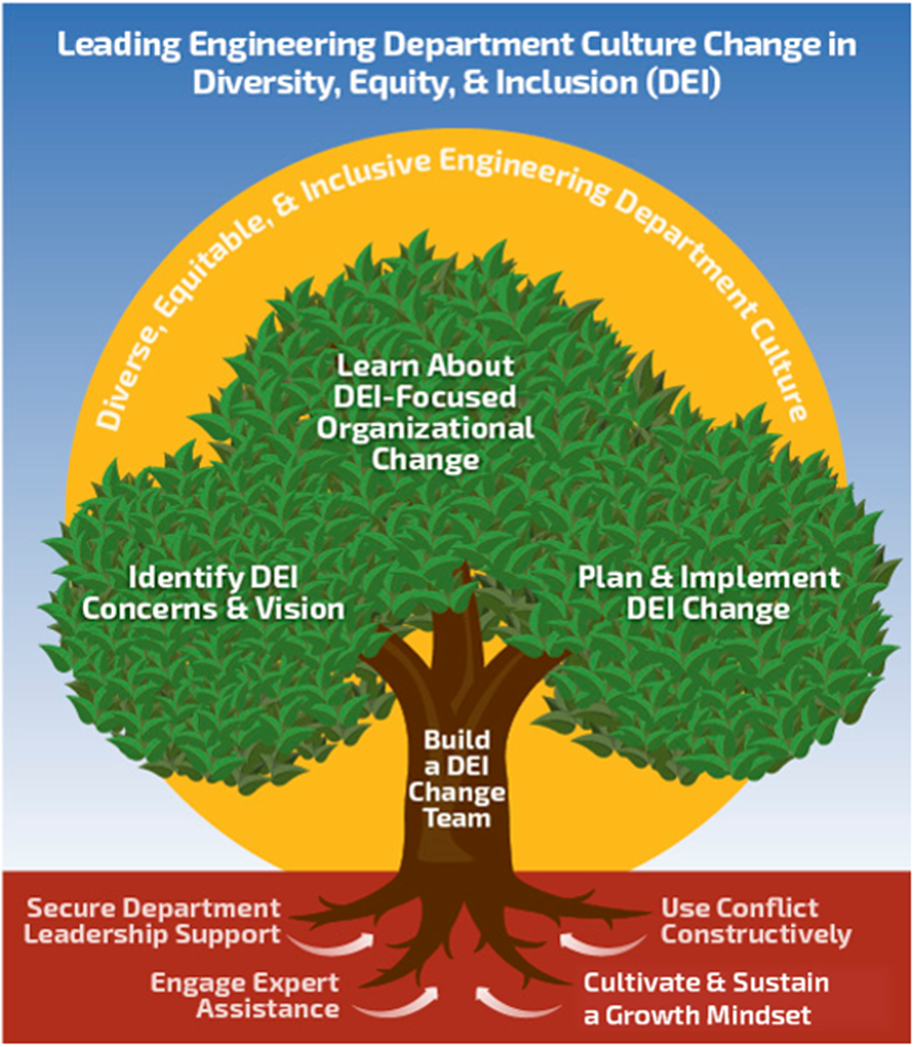 College and university classrooms are a potent, important, and effective arena for inclusion. An inclusive setting in the classroom is important because it models the ideals of non-discriminatory environment. Providing a learning experience in this context means allowing for equal opportunities for all students, valuing all of their unique contributions. Educators need to have the flexibility and awareness to respond to and encourage the needs of a diverse group of students.
College and university classrooms are a potent, important, and effective arena for inclusion. An inclusive setting in the classroom is important because it models the ideals of non-discriminatory environment. Providing a learning experience in this context means allowing for equal opportunities for all students, valuing all of their unique contributions. Educators need to have the flexibility and awareness to respond to and encourage the needs of a diverse group of students.
This post is a brief summary of why inclusion matters in the classroom.
Benefits for Students
Inclusive pedagogies…
- improve learning outcomes
- contribute to student engagement and retention
- facilitate application of theory and principles
Benefits for Professors
Teaching inclusively…
- promotes attention to the needs and perspectives of learners
- provides feedback on student progress
- creates a more rewarding teaching experience
Benefits to Society
Inclusive classrooms…
- counteract norms and habits that foster patters of exclusion
- foster skills and experiences that may lead to inclusive practice outside the classroom
- demonstrate tangible positive outcomes associated with inclusivity
Considerations for achievig this goal must begin at the conception of the course planning. Being prepared with strategies and mechanisms for dealing with accommodation and cognitive biases is a key part of laying the groundwork for an inclusive classroom experience. Getting to know your students as individuals (as much as is possible given how many students are in your class) can also help foster feelings of respect and support in the classroom. Lastly, be purposefully mindful about assumptions regarding student expectations, roles, and social identities.
For more specific ideas about how to teach inclusively, see: Tips for Inclusive Classrooms



